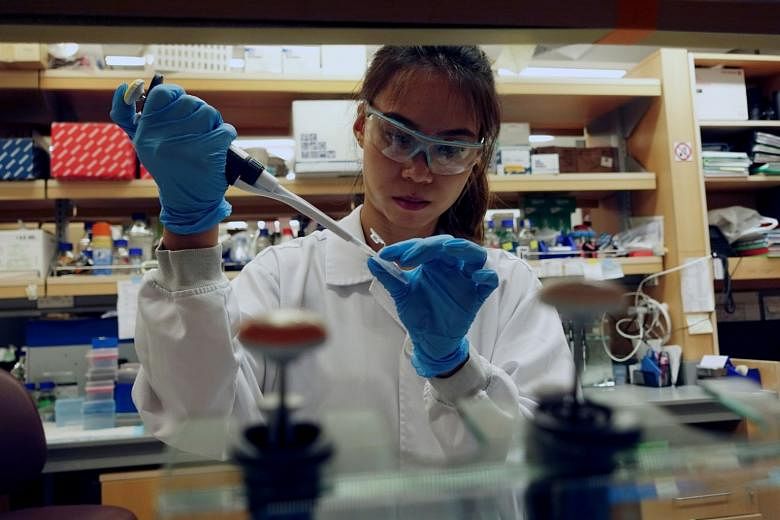Throughout the coronavirus pandemic, Singapore has relied on a series of stringent measures.
These include a near complete lockdown - termed the "circuit breaker" - as well as travel restrictions, quarantine measures, mandates on mask wearing, social distancing and extensive contract tracing.
Already a subscriber? Log in
Read the full story and more at $9.90/month
Get exclusive reports and insights with more than 500 subscriber-only articles every month
ST One Digital
$9.90/month
No contract
ST app access on 1 mobile device
Unlock these benefits
All subscriber-only content on ST app and straitstimes.com
Easy access any time via ST app on 1 mobile device
E-paper with 2-week archive so you won't miss out on content that matters to you

